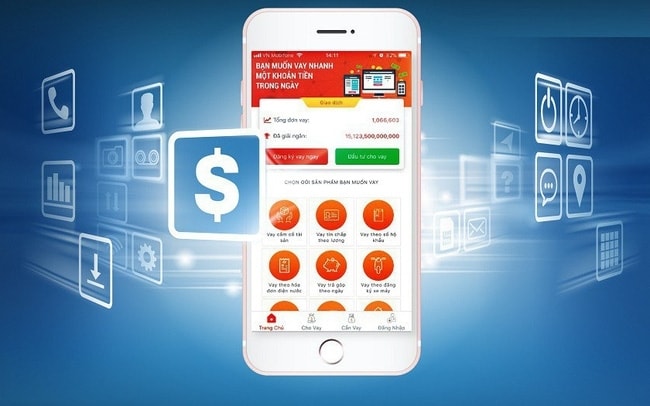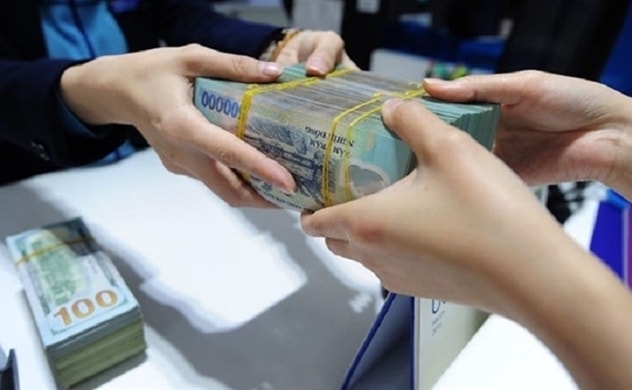Will pilot peer-to-peer lending (P2P)
It is expected that peer-to-peer lending will be classified as a conditional business.
Speaking at a press conference on monetary policy management and banking activities in the first quarter of 2019, Deputy Governor of the State Bank Nguyen Thi Hong shared information on the application of peer-to-peer (P2P) lending activities in Vietnam.
Ms. Hong said that P2P is a form of civil transaction, which has no regulations or assigned to any competent authority to be in charge or manage. This form has advantages such as speed, but has negative aspects, which can cause consequences for participants because there is no control mechanism.
She said the Government has assigned the State Bank to research and develop a plan for the above field and the State Bank has proposed to pilot and make this activity a conditional business sector.
 |
Deputy Governor of the State Bank - Nguyen Thi Hong said that there will be a pilot program for people to participate in peer-to-peer lending, however, this issue still has many concerns. Illustrative photo |
"The general spirit is to pilot the P2P form in the coming time. After that, based on the summary assessment of the pilot, the State Bank will make proposals to the Government on this form of lending," said Ms. Hong.
Previously, Deputy Prime Minister Vuong Dinh Hue said that during the pilot period, P2P lending activities will be restricted. Accordingly, peer-to-peer lending companies will not be allowed to raise capital but will only act as intermediaries to connect lenders and borrowers.
“Management agencies need to quickly approach new business models but must strengthen inspection, supervision and strictly handle violations of the law in this field,” said the Deputy Prime Minister.
The State Bank also pointed out that current P2P Lending activities pose potential risks such as: personal information of participating parties can be stolen due to security vulnerabilities; the information storage system of the P2P Lending Company can be taken over or crashed by hackers, leading to the loss or deletion of all transaction information of the parties.
 |
P2P Lending has advantages for borrowers and lenders in that it is fast, but it also has disadvantages, even negative aspects, which can cause consequences for participants due to the lack of control mechanisms. |
The fact that some people hide and trade on P2P Lending platforms to evade taxes, launder money, finance terrorism or disguise themselves to mobilize multi-level finance, causing lenders and borrowers to become victims of fraud and illegal capital appropriation is also a risk that the State Bank warns about P2P Lending activities.
Peer-to-peer lending (P2P for short) is the practice of lending money to individuals or businesses through online services that match lenders with borrowers.
Because peer-to-peer lending companies that offer these services typically operate online, they can operate at lower costs and offer cheaper services than traditional financial institutions, the products offered by banks, while borrowers can borrow money at lower interest rates.
Also known as crowd lending, many peer-to-peer loans are unsecured personal loans, although some of the largest loans are made to businesses.
Other forms of peer-to-peer lending include student loans, commercial and real estate loans, short-term loans, as well as secured business loans, leasing, and factoring.

